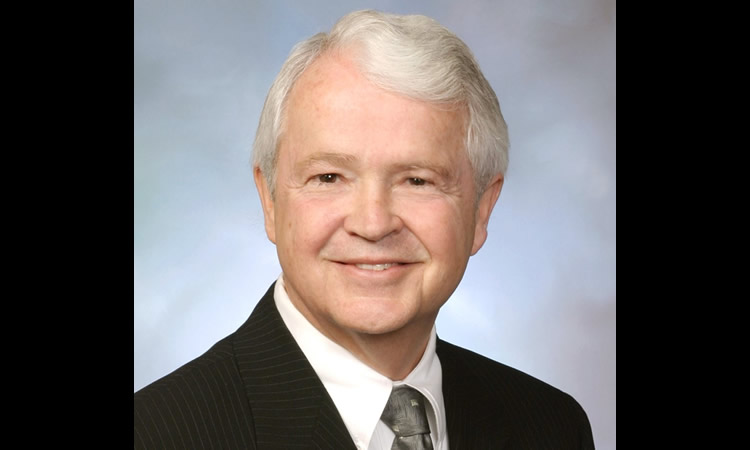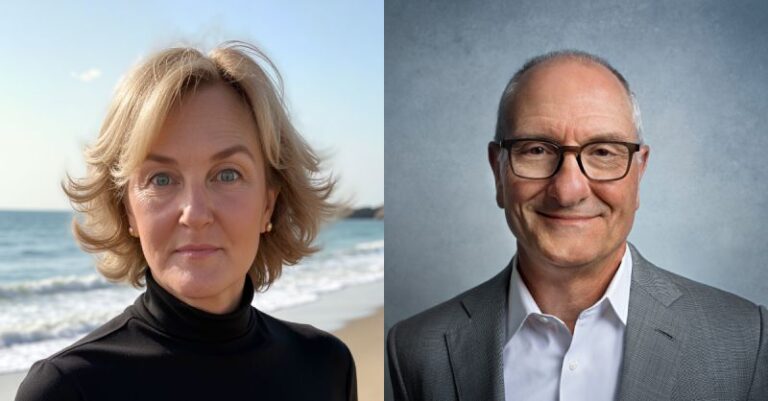By John Kamp, Executive Director, Coalition for Healthcare Communication
[Editor’s Note: This “The Final Word” column appeared in the February 2017 edition of MedAdNews and is reprinted with permission.]
As a public official preparing for international negotiations, I was taught by the U.S. State Department to always know exactly what you want and what you’re willing to give up before sitting down with a skilled international trading partner. It looks like pharma representatives may have been well prepared recently when sitting down with the country’s new Negotiator-In-Chief, Donald Trump.
With news media cameras rolling, President Trump opened the meeting by reiterating his position against drug prices and demanding that more drugs be produced in the United States. But, he moved quickly to offer lower taxes and government deregulation as trade offs. Indeed, in the private meeting that followed, he seem to backtrack on campaign pledges to require government negotiation of prices, “re importation” of drugs from other countries while promising a new FDA Commissioner who will deliver a “streamlined” agency with faster drug reviews.
“You people are going to do great,” Trump reportedly told the CEOs.
It all sounds like a reasonable bargain for the industry, but skilled negotiators also know that the devil is in the details, and lots of details are yet to be known about the new Trump/pharma industry deal.
Among other things, the continued drug price criticism will likely ensure Congressional bipartisan attacks on pricing and thus and increase the chances that drug marketing could be caught in the crossfire.
Even the President’s carrots may turn out to stick the industry where it hurts, if recent events are an indication of what’s to come.
Two recent executive orders and leaks about who might be appointed as head of the FDA have increased the anxiety of industry watchers on the future of drug approvals and the new rules needed to advance the goals of the recently passed 21st Century Cures Act.
The two orders have rattled the industry are: (1) the freeze on federal hiring and (2) the requirement that two rules be rescinded for every new one created.
The FDA policy and approval processes are implemented by its staff, and because the FDA has hundreds of vacancies in the Center for Drug Evaluation and Review (CDER), the hiring freeze is especially troublesome. Indeed, it is not even clear if the freeze applies to new hires paid for by industry fees. Freezing hiring will chill approvals and the development of new policies intended to simplify and speed all activities at the agency.
Meanwhile, the two-for-one rule is particularly complicated at the FDA, where hundreds of policy decisions are announced through informal guidances that, according to White House representatives, are within the scope of the order.
Most unnerving to FDA insiders and industry policy veterans are the names of some of the possible nominees to be Commissioner of the FDA.
As many of you know, Dr. Robert Califf resigned on inauguration day and has been replaced on an interim basis with Dr. Stephen Ostroff. At the CEO meeting, Trump promised to quickly appoint a “fantastic person” to be the agency’s permanent head.
Four names have been mentioned for FDA Commissioner. All have been involved in healthcare startups, investments, and private-sector innovation which may be a good sign, but several have ideas viewed as extreme by industry.
Two of the possible candidates are friends of Peter Thiel, Silicon Valley billionaire supporter of Trump, but lack the usual medical credentials. The first is Jim O’Neill, managing director of Mithril Capital Management, former deputy at HHS who has openly favored a multiple-step approval system under which drugs would first be approved for safety only. The second friend of Thiel is Balaji Srinivasan, partner at Andreessen Horowitz and CEO of 21.co who is a fierce opponent of the current device approval process.
The other two potential choices are doctors. Joseph Gulfo, former CEO of device company Mela Sciences is an outspoken opponent of the breakthrough approval process and favors a new evidence standard for approval. Scott Gottlieb, former FDA deputy commissioner, is a high-profile advocate for improvements at FDA and is the inside-the-Beltway favorite because of his experience at FDA and in lower-volatility positions.
In the face of all this, CDER head Janet Woodcock recently produced a staff video suggesting employees keep their heads down and focus on the work of the agency rather than on the uncertainty of the transition. Good luck with that, Dr. Woodcock.
Meanwhile, the tax reductions promised by Trump may include a mixed bag for the publishers and medical agency members of our industry. To come anywhere close to the oft-promised low teen corporate tax rate preferred by industry, several traditional and significant tax deductions will have to be reduced or eliminated.
One such deduction sure to be in that discussion is for the cost of marketing. While I will be writing more on this soon, know that the Congressional Budget office has estimated that reductions in the tax deductibility of advertising could raise $169 Billion over ten years. That’s just too big a number to be ignored in the tax negotiations.
Meanwhile, Sen. Al Franken (D-MN) has recently renewed his interest in targeting medical marketing by eliminating its deductibility. While the Ad Tax Coalition recently suppressed that proposal, we’re certain to see it again and again as Franken seeks Republican support for the measure.
So, while the pharma CEOs clearly seem ahead of the negotiation game for now, there are lots of details yet to be settled. Whether those details turn out to be devils or angels remains to be seen.




